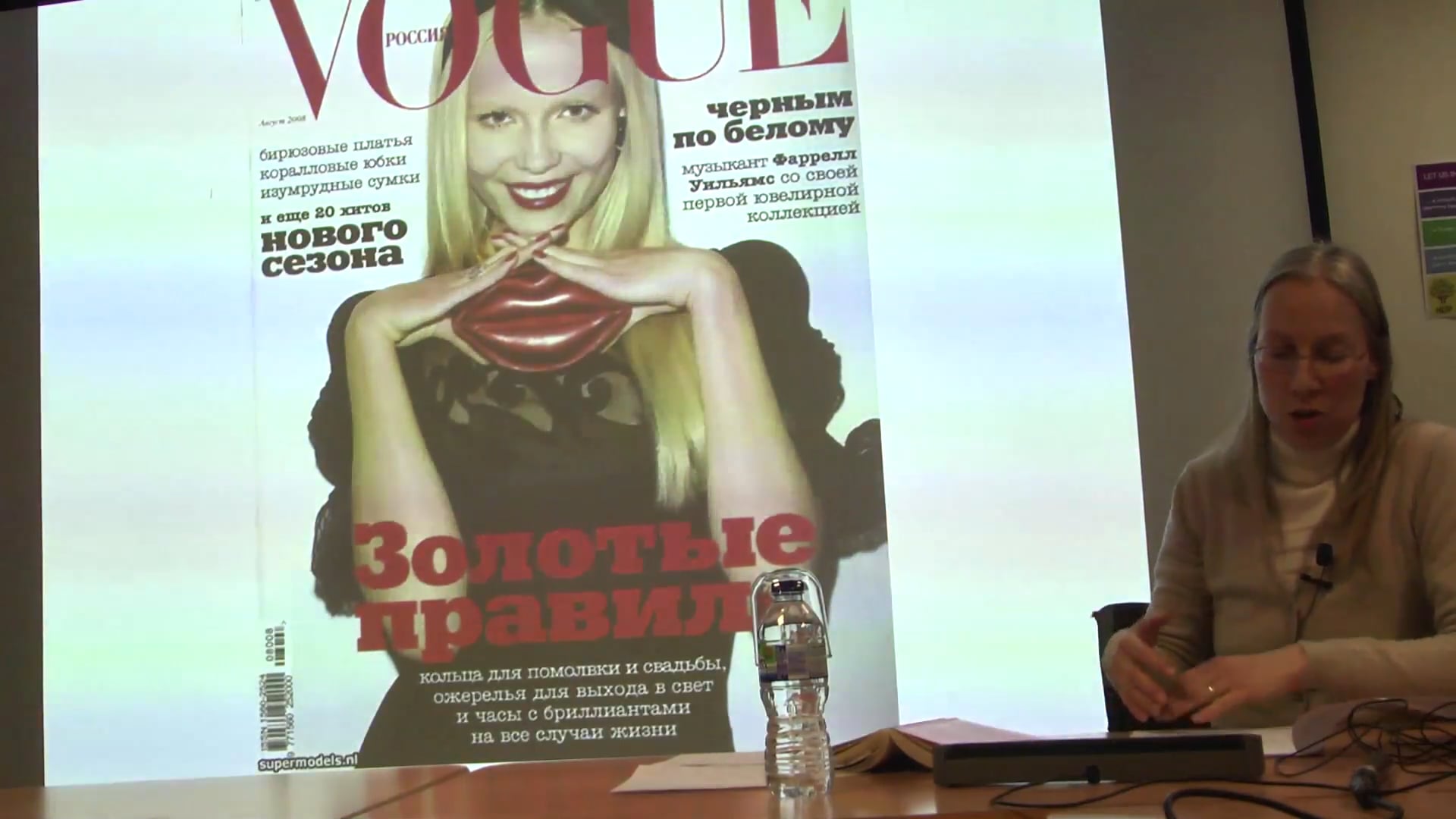Talk given to the Radical Anthropology Group at Daryll Forde Seminar Room, Anthropology Building, 14 Taviton Street, London WC1H 0BW on 5 February 2019.
In the environment of direct sales cosmetics, small groups of Slovak women forged cosmetic coalitions through costly bodily rituals. These energetic, emotionally intense and highly expressive Bakhtinian rituals were the necessary precursor to rigorous sharing among the women who participated in them. This sharing centred on careful equalization of their access to beauty products and ability to use them through collectively monitored demand sharing. In these rituals, collectivized female sociality emerged. It was characterized by energetic assertive loudness, uproarious laughter, lewd jokes, exaggerated feminine behaviour and bonding. The social hierarchies among the women relaxed and were replaced by ritual egalitarianism with the specific morality of sharing, cooperation and reciprocity, all inhibiting any dominance hierarchy. This morality was represented among the women as bonds of kinship. In their bonded collectives, women shared ‘like sisters’. The carnivalesque cosmetic rituals routinely accompanied by outbursts of shared laughter fostered the emergence of a temporal collective culture of reversal that subverted the individualism, isolation, competition and modesty of the expected everyday feminine behaviour, giving way to loudness, joking, sharing, cooperation, immodesty and commitment to the coalition. It reversed the economic logic of direct sales and replaced it with a moral economy of sharing. The collectively expressed ritualized female agency resisted the existing hierarchies between men and women. In ritual mode, coalitions of women reversed the relationships of dominance and appropriated the ritual time and space for themselves.
Likes: 2
Viewed:
source

